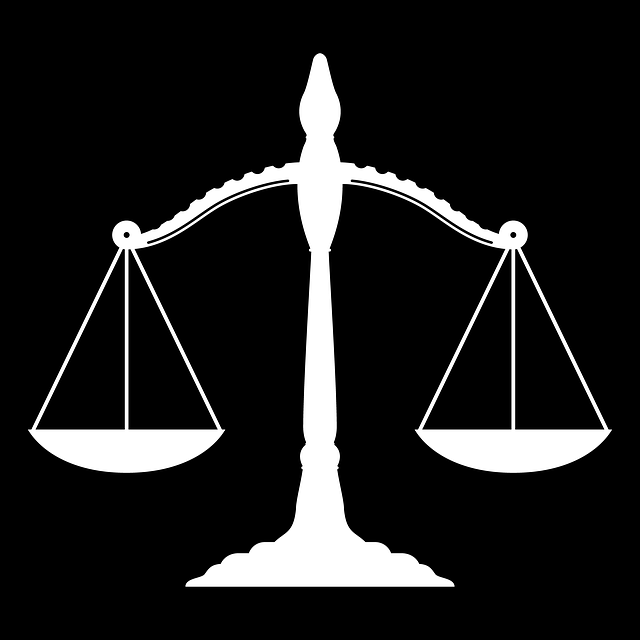Public corruption charges demand a deep understanding of Understanding Exchange Regulation Compliance Requirements. Accused individuals seek specialized criminal defense attorneys to navigate complex legal landscapes and strategic defenses. These lawyers protect interests while adhering to ethical standards against stringent global anti-corruption laws. Effective compliance involves reporting, disclosure, and oversight standards promoting transparency and accountability in financial dealings, deterring corrupt practices, and fostering integrity among public officials.
Public corruption charges pose a significant threat to societal progress and economic growth. This article aims to provide a comprehensive understanding of public corruption charges, delving into key aspects such as defining these charges, exploring the legal framework and exchange regulation, outlining compliance requirements for entities, identifying critical roles and responsibilities, and examining enforcement mechanisms and penalties. By understanding exchange regulation compliance requirements, stakeholders can navigate these complex issues effectively.
- Defining Public Corruption Charges
- Legal Framework and Exchange Regulation
- Compliance Requirements for Entities
- Key Roles and Responsibilities
- Enforcement and Penalties: A Comprehensive Look
Defining Public Corruption Charges
Public Corruption Charges refer to allegations of illicit behavior by individuals or entities within government or public institutions for personal gain. This can include a wide range of activities, from bribery and embezzlement to abuse of power and fraud. Understanding Exchange Regulation Compliance Requirements is crucial in navigating these charges, as many countries have stringent laws in place to deter and punish corruption.
When facing public corruption accusations, individuals often seek the expertise of general criminal defense attorneys who possess an unprecedented track record in such complex cases. These legal professionals help clients navigate the intricacies of the law, ensuring they understand their rights and obligations. By employing strategic defenses and leveraging loopholes within regulations, they aim to avoid indictment and protect their interests while upholding ethical standards.
Legal Framework and Exchange Regulation
The legal framework surrounding public corruption charges is intricate and designed to combat white-collar and economic crimes effectively. Understanding Exchange Regulation compliance requirements is a crucial aspect in this complex landscape. The regulations aim to ensure transparency, accountability, and fairness in financial transactions, especially within public sectors. By implementing stringent rules, governments can deter corrupt practices and promote ethical conduct among public officials.
Exchange Regulation plays a pivotal role in preventing corruption by setting standards for financial reporting, disclosure, and oversight. These regulations require entities and individuals to maintain accurate records, disclose material information, and adhere to strict ethical guidelines. An unprecedented track record of successful prosecutions for public corruption has been achieved through these measures, often involving complex investigations and jury trials, ensuring justice and accountability for economic crimes.
Compliance Requirements for Entities
In the realm of public corruption charges, understanding exchange regulation compliance requirements is paramount for entities seeking to achieve extraordinary results and maintain their integrity. These regulations are designed to foster transparency and accountability in financial transactions, ensuring that businesses and individuals operate within legal and ethical boundaries. For his clients, navigating these complex rules can be a challenging yet crucial step in winning challenging defense verdicts.
Compliance involves adhering to strict guidelines on reporting, record-keeping, and disclosure, among other aspects. Entities must implement robust internal controls, conduct thorough due diligence, and remain vigilant against any potential conflicts of interest. By embracing these requirements, organizations demonstrate their commitment to upholding the law and ethical standards, thereby enhancing their reputation and fostering public trust.
Key Roles and Responsibilities
In the context of public corruption charges, understanding exchange regulation compliance requirements is paramount for navigating legal complexities and achieving extraordinary results. Key roles involve regulatory bodies that oversee financial transactions, ensuring adherence to laws and policies aimed at preventing white-collar and economic crimes. These bodies set standards and guidelines, monitor compliance, and investigate potential violations.
Responsibilities span from enforcing rules on money laundering and corruption to facilitating transparency in public finances. Effective compliance requires organizations to implement robust internal controls, conduct thorough due diligence on transactions, and maintain meticulous records. By adhering to these regulations, entities can avoid indictment and ensure their operations remain within legal boundaries, thereby fostering a culture of integrity and accountability.
Enforcement and Penalties: A Comprehensive Look
Public corruption charges are a serious matter that demand a deep understanding of exchange regulation compliance requirements. When individuals or entities engage in bribery, embezzlement, or misuse of public funds, it shakes the foundations of democratic institutions and distorts the rule of law. Enforcement agencies play a pivotal role in combating this malice by upholding regulations designed to ensure transparency and integrity in governance.
Penalties for such offenses are stringent and vary based on the severity of the crime. These may include fines, imprisonment, or both, as well as restoration orders compelling individuals or organizations to repay ill-gotten gains. Moreover, a conviction can lead to debarment from public contracts and permanent barring from specific sectors, depending on local laws. The involvement of the general criminal defense bar is often critical in these cases, ensuring that the rights of the accused are protected while holding wrongdoers accountable through fair jury trials.
Public corruption charges represent a significant threat to the integrity of economic systems, which is why understanding exchange regulation compliance requirements is paramount. By navigating the legal framework effectively, entities can ensure they meet their obligations and contribute to a transparent, fair market place. Key roles and responsibilities must be clearly defined and enforced, with robust penalties in place for non-compliance, to deter potential misconduct. Ultimately, enhancing exchange regulation compliance fosters economic growth and strengthens public trust.






